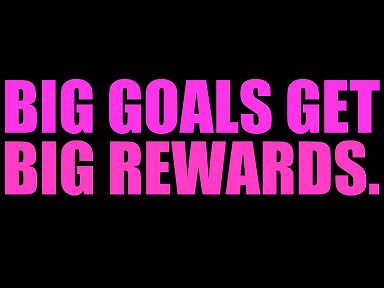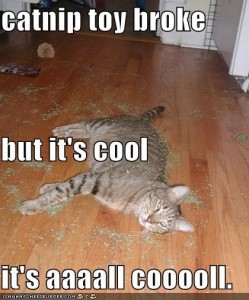 I’m number 3! I’m number 3! *Jumps around room, whooping and cheering.*
I’m number 3! I’m number 3! *Jumps around room, whooping and cheering.*
What? No one chants that? Why would I care to celebrate NOT placing first or even second?
Third is an also ran. Little prize money. Little acclaim. No one remembers third. Still technically a loser.
But therein lies the beauty.
When I began writing (not counting my plays or short stories I wrote in elementary school). I was in junior high. In my bedroom, I knocked out which in today’s standards would be considered a 300-page, Star Wars fan fiction. I did it with a friend and the writing was fun. I didn’t want or need outside validation.
Fast forward a few years and I get on the writer’s career super highway. But instead of taking me quickly to my destination of Publish Land. It’s more like a stretch of endless, highway with nothing but cornfields .
I move along counting miles, I look for signs that I’m getting closer. Any landmark, that tells me that I’m moving.
I enter contest and submit to agents and apply for scholarships. At the beginning of my contest run, I merely got general comments mentioning my grammar or awkward sentences.
Good concept, back execution.
I took classes and polished and tightened and tweaked and submitted to the Rebecca in 2013.
I remember the day I got the email. I expected to see a general: so many great entries this year but you didn’t place note. The congratulation hit me like a right hook to my jaw from a prize fighter. After a few hours, the truth seeped into my bones. I was elated. Third place! In a hotly competitive category in a very prestigious contest. Not first, not second, but respectable.
I felt like I’d finally seen the sign. I may not be in Published Land, but by God I was making progress.
Placing second would have been good, but so close to first, I would have constantly tortured myself. Was it that one comma? A forgotten verb case? Was my story not tight enough?
But third. Third was almost freeing. Oodles better, but no pressure.
Even first, at the time, would have been more hurtful than helpful. With a first place victory, the request would have started, from an agent or editor. At the time, I don’t think my writing could have stood up to the scrutiny. And I would have scrambled and panicked and felt like a fraud.
I believed that somehow my feelings were weird or wrong, but stumbled upon this little article about Olympic bronze medal winners and how they are happier than silver medal winners. http://www.businessinsider.com/why-counterfactual-thinking-may-make-you-more-relieved-to-get-third-place-rather-than-second-2012-8. I felt better, and kept submitting.
Recently, I received third place in a scholarship contest. A pretty big deal contest as well. They liked the concept and the writing, and the scoring was within fractions of points. I’m a bit less satisfied with this win. Which tells me that my time being comfortable with third place is coming to an end.
I want more. I will deal with the jealously of second and the pressure of being first, because I have done the work. I have done the time. I am ready to progress.
And it’s long past time for me to see that beautiful sign: Now entering Published Land.
Have you come in third? Won? How did it make you feel? Comment below.




